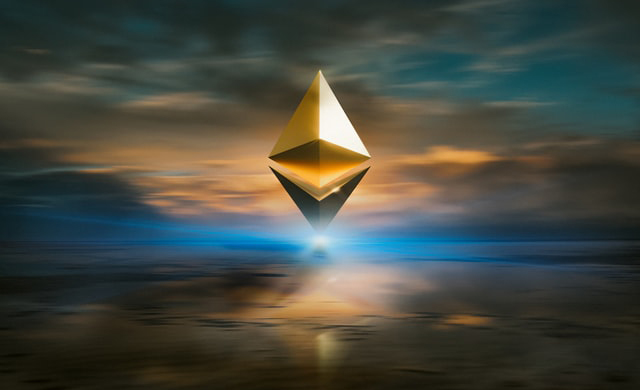As a blockchain-based computing platform, that gives developers the freedom to run their decentralized programs on it, Ethereum has dramatically revolutionalized the crypto industry. Ethereum ranks second, after Bitcoin, and it is more than just cryptocurrency because it has other services that it offers. Let us consider the essential parts of the network.

What is Ethereum?
Ethereum is a blockchain-based and open-source computing platform that accommodates other decentralised programs which are deployed by developers. Ether (ETH) is the native token of the network and they support a wide variety of decentralized applications, Nonfungible Tokens, metervese and even decentralized exchange platforms. Because Ethereum supports all these varieties of decentralized programs, Ethereum became the foundation for most of the emerging blockchain-based technologies.
What is a smart contract?
A smart contract is a program on blockchain networks that is designed to automatically activate certain functionalities when expected conditions are fulfilled. The smart contract is the backbone of decentralized finance (that is DeFi) programs.
What is Solidity?
The Ethereum network team created an object-oriented programming language which is known as solidity. This programming language can be used to build the smart contract application. Various blockchain networks, with Ethereum inclusive, use solidity to program smart contracts.
What is Ethereum Virtual Machine?
This is a program created specifically for the execution of smart contracts. It is also known as the EVM. It houses and executes all smart contracts on a particular network.
What is the meaning of Gas?
Gas is a term used to refer to payment made on the Ethereum network for the execution of the smart contract. And such payment on the platform is made in the Ethereum native token which is known as Ether.
What is Ether?
Ether is the native token of the Ethereum network. It is also known as ETH.
Learn from the market wizards: Books that will take your trading to the next level

 Hot Features
Hot Features













